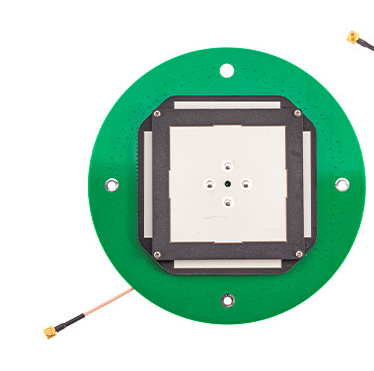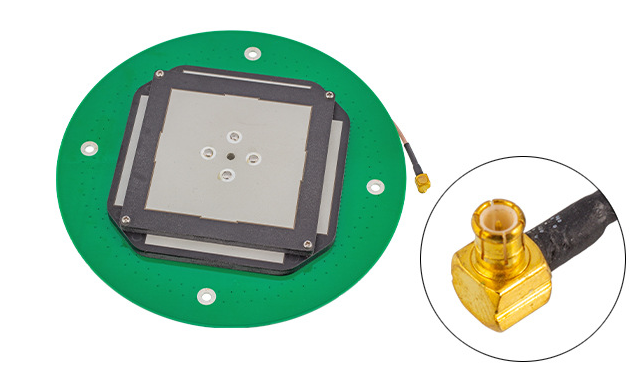Gps Antenna Standard
With the rapid development of Global Positioning system (GPS) technology, the performance and quality requirements of GPS antenna, as the key equipment for receiving GPS signals, are increasing day by day. GPS antenna standard plays an important role in ensuring the accuracy, reliability and stability of GPS equipment. This paper will introduce the importance, application, key parameters and future development trend of GPS antenna standard in detail.

Importance of GPS Antenna Standard
1. Ensure equipment performance: GPS antenna standard is an important basis for evaluating the performance of GPS equipment. By following a unified standard, we can ensure the stability and accuracy of GPS equipment when receiving signals.
2. Promote equipment compatibility: the unification of standards contributes to the compatibility between different brands and models of GPS devices, and improves the interoperability between devices.
3. Guide the product design: the GPS antenna standard specifies the design requirements and test methods of the product, which provides guidance for the design and production of GPS antenna.
4. Protect the rights and interests of users: by following the GPS antenna standard, users can trust the performance of the product more, thus protecting the rights and interests of users.
Application of GPS Antenna Standard
1. Aerospace field: in the aerospace field, GPS antenna is widely used in aircraft, satellites and other navigation equipment, and its performance requirements are very high. Following the GPS antenna standard can ensure the accurate navigation and positioning of the equipment.
2. Civil field: in the civil field, GPS antenna is widely used in smart phones, vehicle navigation, outdoor sports and other scenes. By following a unified standard, the positioning accuracy and stability of the equipment can be improved.
3. Scientific research field: in the field of scientific research, GPS antenna standard is of great significance for geography, meteorology, oceanography and other research, and helps researchers to obtain accurate data.
Key parameters of GPS Antenna Standard
1. Frequency range: the frequency range of GPS signal is L1 (1575.42MHz), L2 (1227.6MHz) and so on. GPS antenna should have good receiving performance in this frequency range.
2. Gain: gain is an important index to evaluate the performance of the antenna, which indicates the ability of the antenna to amplify the signal. The antenna with high gain can perform better in the weak signal environment.
3. Axis ratio (Axial Ratio): for circularly polarized GPS signals, axis ratio is an important parameter, which indicates the polarization performance of the antenna, and low axis ratio means better reception performance.
4. Noise performance: the noise performance of the antenna affects the reception quality of the signal, and the performance of the low noise antenna is better.
5. Anti-jamming ability: GPS signal may be interfered by other radio signals, so the anti-jamming ability of antenna is a key parameter.
6. Stability and durability: GPS antennas need to work stably in various environments, so stability and durability are also important standard parameters.
Future Development trend of GPS Antenna Standard
With the rapid development of the Internet of things, self-driving, smart wearable devices and other fields, the demand for GPS antennas will continue to grow. Future GPS antenna standards will pay more attention to the following aspects of development:
1. High performance: with the diversification of application scenarios, the performance requirements of GPS antennas will continue to improve, and future standards will pay more attention to the key parameters such as antenna gain, axis ratio, noise performance and so on.
2. Miniaturization: with the trend of miniaturization of equipment, the future GPS antenna will pay more attention to miniaturization design to meet the needs of all kinds of portable devices.
3. Multi-band and multi-mode: future GPS antennas need to support multi-band and multi-mode signal reception to meet the needs of different scenarios.
4. Intelligence: with the popularity of intelligent equipment, the future GPS antenna will pay more attention to intelligent design, with automatic calibration, automatic tracking and other functions.
GPS antenna standard is of great significance to ensure the performance, compatibility, product design and user rights of GPS equipment. With the continuous development of science and technology, we need to constantly update and improve GPS antenna standards to meet the needs of a variety of emerging applications.





